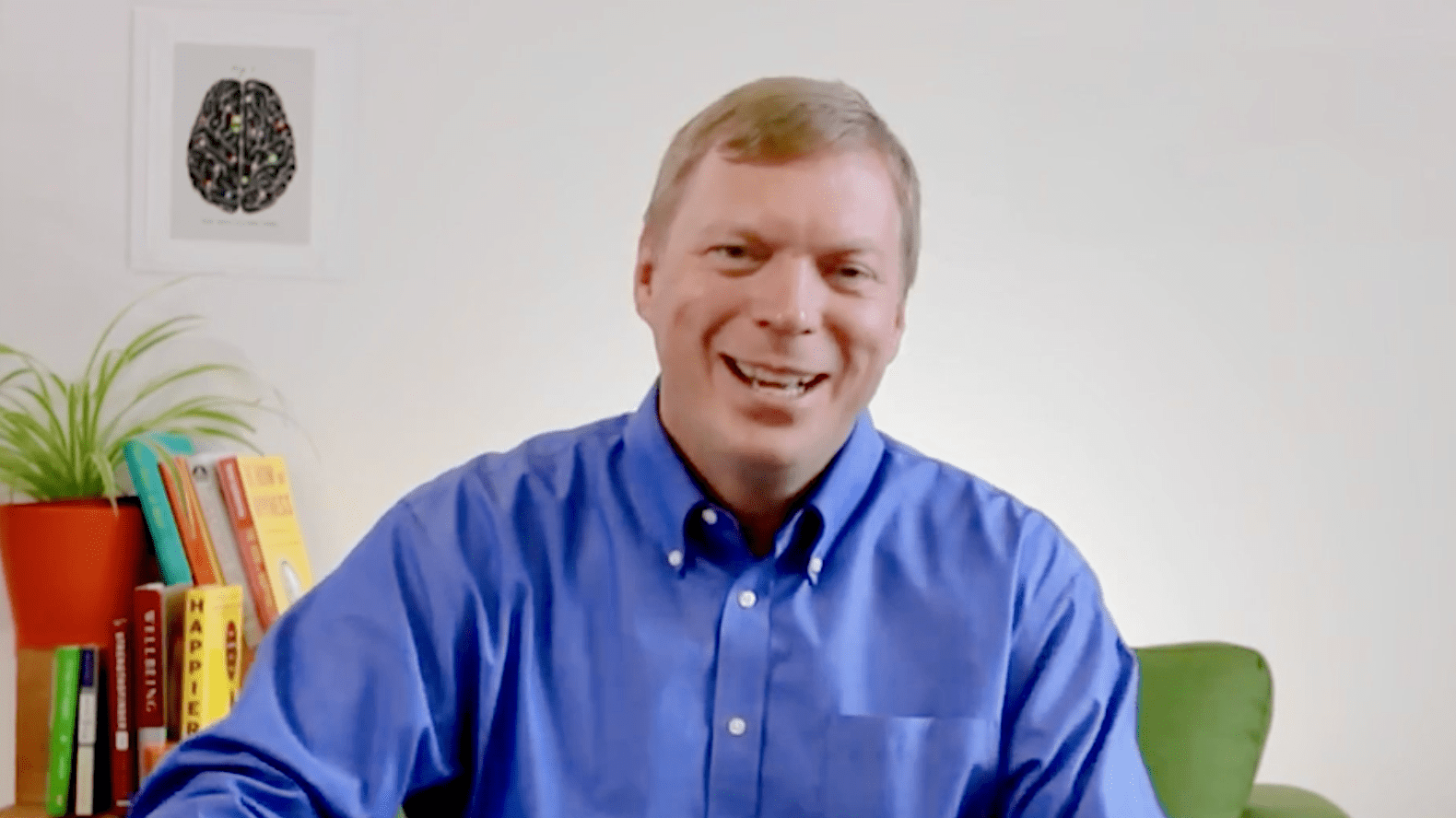
How to Avoid the Fundamental Attribution Error
Understanding the Fundamental Attribution Error offers a fresh look at situations where we (and others) aren’t at our best. By adjusting our mindset, we can open up opportunities for connection and greater happiness.
***Watch the video or continue reading below.***
The Brain’s Double Standard
What is the Fundamental Attribution Error, and why should you care about it at work?
The Fundamental Attribution Error is a scientific mouthful that indicates a common mistake we tend to make.
We attribute our own bad behavior to circumstances.
We attribute other people’s bad behavior to their character.
That is, if I’m curt with you in a meeting, it’s because my little kid wasn’t sleeping well last night and I was interrupted, I haven’t slept well, my mood is down. Don’t take it personally—it’s my circumstances.
If you’re rude to me in a meeting, it’s because you are a jerk.
That is the Fundamental Attribution Error. (I know you’re not a jerk watching this video, by the way—just trying to make an example.)
The Fundamental Attribution Error is failing to realize that most people’s “bad behavior” comes from their circumstances and not their character.
Seeing Beneath the Surface
Sometimes I wish at work we could go around with big cardboard signs on us that say things like, “My father is getting Alzheimer’s,” or… I don’t mean to go into horrible depressing subjects, but all of us could use a break from each other, couldn’t we?
You can give each other a break by assuming positive intent. That’s the antidote to the Fundamental Attribution Error, is to assume that people’s bad behavior is because of a circumstance.
You may or may not know what that circumstance is, but almost certainly, the more somebody is acting out, the more they’re in pain and dealing with something difficult.
Overcoming the Fundamental Attribution Error
So you give yourself a break: you say, “Oh, I was rude because I didn’t sleep well,” or whatever it is.
Extend that same kindness to others, and science says you will become happier. You will experience better relationships—a key source of happiness. And as a result of all of that, you’ll do even better work and become more successful.
Please don’t make the Fundamental Attribution Error. Instead, assume positive intent. Give your colleagues a break, and find your relationships—and your results—thriving at work.
What stands out to you about this common challenge, and the antidote of assuming positive intent? Thanks for commenting below, connecting through any of our social media channels, or contacting us here.